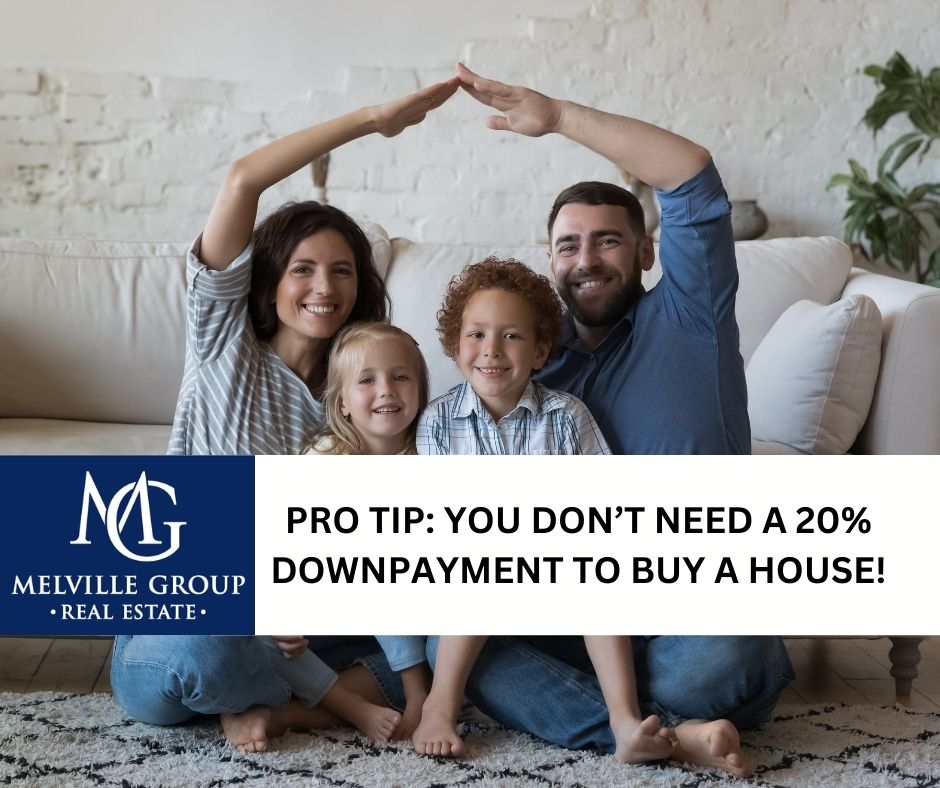How Much Do You Really Need for a Down Payment? Hint: It’s Less Than You Think
Let’s talk down payment. For years, homebuyers heard the same advice—save 20% before you buy. But in today’s market, that’s not always necessary. Many loan programs allow you to get started with as little as 3%–5% down.
On a $400,000 home, that’s $12,000–$20,000 instead of the old-school $80,000. Even a 6% down payment breaks down like this:
- $200K → $12,000
- $300K → $18,000
- $400K → $24,000
- $500K → $30,000
- $600K → $36,000
- $700K → $42,000
- $800K → $48,000
Keep in mind, your down payment affects your monthly costs—the more you put down, the lower your mortgage. Today’s buyers average about 7%, but the right amount depends on your budget, savings, and goals.
Loan Options to Explore
- Conventional – 3%–5% down, PMI if under 20%.
- FHA – Low down payment, flexible credit, but higher insurance.
- VA – No down payment for eligible service members, veterans, and spouses.
- USDA – No down for qualifying rural/suburban buyers.
- Jumbo – For higher-priced homes; stricter requirements.
- Fixed-Rate vs. ARM – Fixed offers stability; ARMs start lower but can adjust.
Bottom Line:
You don’t need 20% to buy a home. A trusted mortgage pro can walk you through your options and help you find a plan that fits your finances—so you can focus on finding the right home, not just the right number.
533 total views, 1 views today
